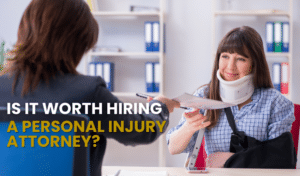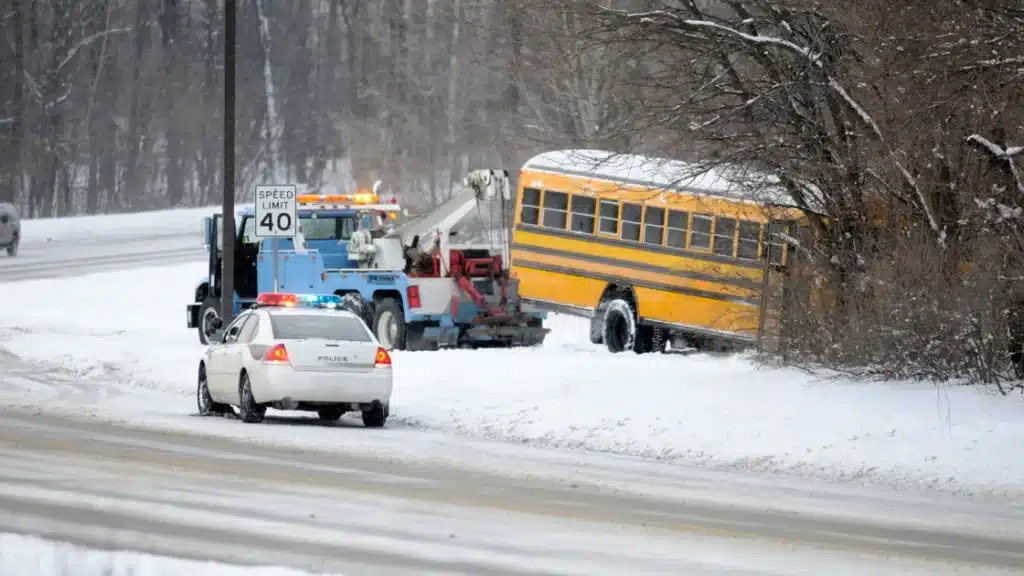
As your Dallas bus accident lawyer, we offer heartfelt assistance and understanding during this trying time. These incidents take an enormous physical, emotional, and financial toll on individuals and their loved ones – we understand this impact first-hand and are here for our clients every step of the way.
As Dallas bus accident attorneys, our primary aim is to offer compassionate assistance and legal representation for bus accident injuries victims – to make sure their voices are heard, their rights protected, and they get compensated adequately.
Experience, skills, and dedication: we are with you every step of the way in helping to navigate the complicated legal system and pursue justice for bus accident injuries. Your well-being is of utmost importance, and we stand firm against injustice to assist in rebuilding lives – call now for your free consultation session.
School Bus Safety Standards
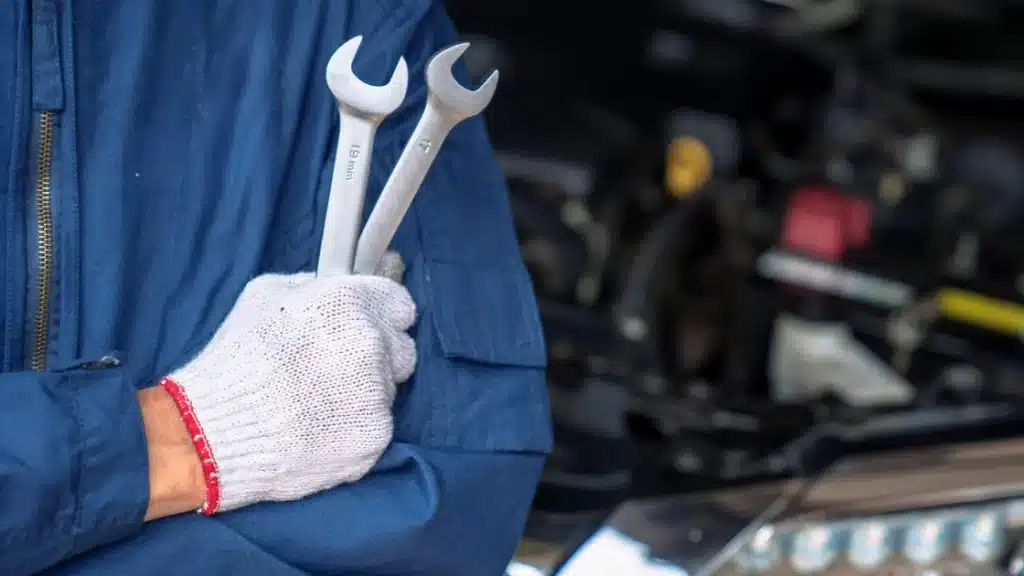
School bus accidents can have devastating consequences, so it’s crucial to know the safety standards to protect our young bus passengers. Suppose you or a loved one was injured in a school bus accident. It is possible to seek compensation for medical expenses, pain and suffering, and damages with the help of Dallas bus accident lawyers. Let’s look closely at some of the vital school bus safety standards.
Enhanced Safety Features: School buses have several safety features to minimize the risk of bus accidents and protect the occupants. One necessary standard is the use of evident yellow color and flashing lights, which help other motorists recognize and respect the presence of a school bus on the road. Additionally, school buses are equipped with stop signs and crossing gates to ensure safe loading and unloading of students.
School Bus Seat Designs and Seat Belts: Another critical safety standard involves the construction of school bus seats. These seats are designed with high backs and energy-absorbing materials to protect them in a collision. Seat belts are also an important safety feature in some jurisdictions, ensuring that students are securely restrained while the bus is in motion.
Skilled and Responsible School Bus Drivers: School bus drivers also play a crucial role in maintaining safety standards. They are required to undergo specialized training to handle the unique challenges of driving a school bus and ensure their passengers’ well-being. This includes understanding and following specific protocols for loading and unloading students and maintaining appropriate speed and distance from other vehicles.
Maintenance and Inspection: Regular maintenance and inspection of school buses are also essential to ensure their safe operation. Buses must undergo routine checks to identify any mechanical issues that could compromise safety. These inspections cover critical components such as brakes, tires, lights, and emergency exits.
Bus Safety Measures For Children
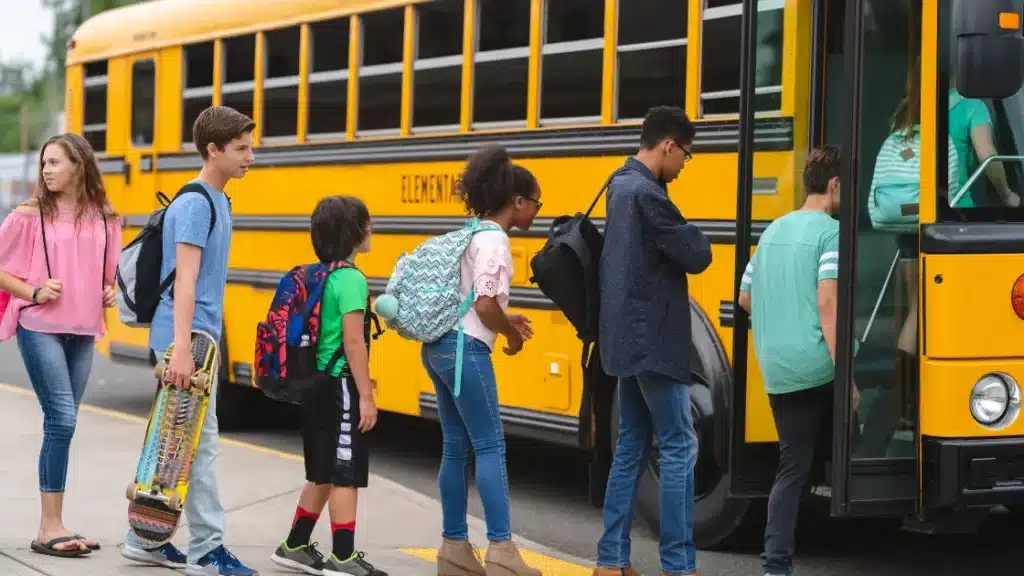
Regarding bus safety, several measures can significantly reduce the risk of school bus accidents and injuries for children. It is crucial to promote awareness and implement these precautions to ensure the well-being of our young ones. Here are some essential safety measures to consider:
Proper supervision: It is essential to have responsible adults, such as teachers or bus monitors, present during bus rides. Their role is to ensure that children remain seated, follow safety rules, and maintain order on the bus.
Regular maintenance: School buses should undergo regular inspections to ensure they are in good working condition. This includes checking the brakes, tires, lights, and other crucial components. Any issues should be addressed promptly to minimize the risk of school bus accidents caused by mechanical failures.
Driver training and qualifications: School bus drivers should receive thorough training in operating the vehicle safely and handling emergency situations. They should possess the necessary qualifications, including a valid commercial driver’s license (CDL), proper endorsements, and a clean driving record.
Seat belt usage: While not all school buses are equipped with seat belts, the use of seat belts can significantly enhance safety. Encouraging the installation of seat belts on buses and promoting their proper usage can help protect children in the event of an accident or sudden stop.
Loading and unloading procedures: Establishing clear procedures for boarding and exiting the bus is crucial. This includes designated loading zones, ensuring children wait for the bus at a safe distance from the road, and employing crossing guards when necessary. Such measures can prevent accidents caused by children being in the path of oncoming traffic.
Emergency preparedness: Bus drivers and staff should be trained in emergency procedures, such as evacuations and first aid. Having a well-defined plan in place can help mitigate the effects of an accident and ensure a swift response to any unexpected situations.
Communication with parents: Open and effective communication between schools, bus drivers, and parents is vital. Regular updates regarding bus schedules, route changes, and safety protocols can help parents stay informed and actively participate in their child’s safety.
Types Of Bus Accident Claims
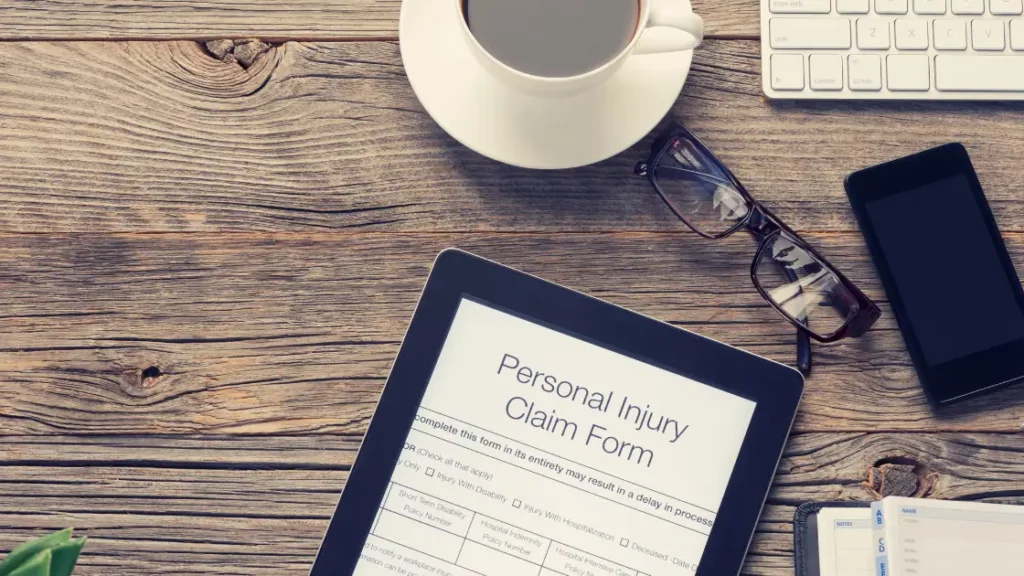
When bus accidents occur, various types of claims can arise depending on the circumstances and parties involved. Here are some common types of bus accident claims:
Personal Injury Claims: Personal injury claims are the most common type of bus accidents claim. These claims are filed by individuals, with the help of a Dallas bus accident lawyer, who have sustained serious injuries in a bus accident. They seek compensation for medical expenses, pain and suffering, emotional injuries, lost wages, and other damages resulting from the accident. Personal injury claims can include an accident involving bus passengers, occupants of other vehicles involved, pedestrians, or cyclists.
Wrongful Death Claims: In cases where a severe bus accident results in a fatal injuries, wrongful death claims may be filed by the surviving family members or the estate of the deceased. These claims seek compensation for damages such as funeral expenses, loss of financial support, loss of companionship, and emotional distress caused by the loss of a loved one.
Third-Party Liability Claims: In some bus crashes, a third party, such as another driver, a pedestrian, or a vehicle manufacturer, may bear some responsibility for the accident. In such cases, injured parties like school districts can file third-party liability claims against the at-fault party seeking compensation for their injuries and damages.
Bus Driver Negligence Claims: If the bus driver’s negligence or recklessness contributed to the accident, injured parties can file claims against the driver and, in some cases, their employer. These claims typically allege that the driver failed to exercise reasonable care while operating the bus, such as driving while distracted, speeding, or violating traffic laws.
Bus Company or Operator Liability Claims: Bus companies, such as tour buses or large commercial vehicles, have a duty to ensure the safety of their passengers and maintain their vehicles in proper working condition. If a bus accident occurs due to the bus company’s negligence, such as inadequate vehicle maintenance, improper training of drivers, or negligent hiring practices, injured parties can file claims against the bus company or operator.
Government Liability Claims: In cases where a government entity, like the Dallas Area Rapid Transit operates or oversees DART buses service involved in the accident, such as the school districts or public transit agency, special rules may apply. In these cases, injured parties may need to file a government liability claim, which involves specific procedures and deadlines to seek compensation for their injuries and damages.
Product Liability Claims: If a defective bus component or part, such as brakes, tires, or safety equipment, contributed to the accident or exacerbated injuries, injured parties may have grounds for a product liability claim against the manufacturer or distributor of the defective product.
What To Do If You Are In A Bus Crash?

Seek Treatment For Your Bus Accident Injuries: Prioritize your health and safety by seeking immediate medical attention for any injuries as it may lead to serious injuries like a traumatic brain injury. Even if you believe your suffered injuries are minor, it’s essential to have a professional evaluate your condition.
Follow Your Doctor’s Medical Advice: Follow all instructions and treatment plans provided by your healthcare provider. Attend follow-up appointments and adhere to prescribed medications or therapies. This will not only support your recovery but also create a record of your medical treatment.
Keep Your Bus Ticket Or Pass: During bus crashes, retain any evidence of your travel, such as your ticket or pass. This can help establish that you were a passenger on the bus at the time of the accident.
Keep Any Photos You Took With Your Phone: If you are able, document the accident scene by taking photos or videos with your phone. Capture the damages to the bus, other vehicles involved, and any visible injuries you or others may have suffered. This evidence can be valuable when filing a claim.
Write Down As Many Details As You Can Remember: Write down as many details as you can recall about the accident. Include information such as the date, time, location, weather conditions, and a description of what happened. Memories can fade over time, so documenting the incident promptly will help preserve accurate information.
Avoid Posting On Social Media: Refrain from discussing the accident on social media or posting any information or pictures related to the incident. Insurance company adjusters and opposing parties may use your social media posts against you, so it’s best to avoid sharing any details publicly.
Don’t Be Misled: Be cautious about giving statements or signing any documents without consulting bus accident attorneys. Insurance adjusters or representatives from the bus company may try to obtain information that could be used against you. Consult an attorney before providing any formal statements or signing any paperwork.
Document Your Financial Losses: Keep track of all expenses related to the accident, such as medical reports and bills, transportation costs for medical appointments, prescription medications, and any necessary home modifications or assistive devices. These financial losses may be included in your claim for compensation.
Document Your Non-economic Damages: Record the impact the accident has had on your daily life, including physical pain, emotional distress, limitations on activities, and any effects on your relationships or overall quality of life. This documentation can support your claim for non-economic damages.
Injuries In Bus Accidents
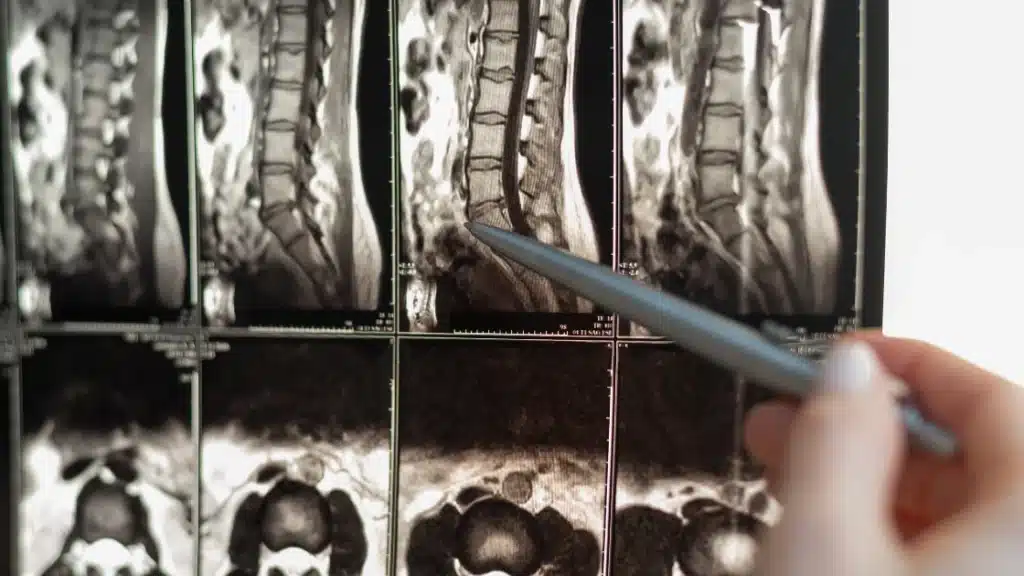
Bus accidents can result in a wide range of injuries, varying in severity depending on the circumstances of the accident. Here are some common injuries that can occur in bus accidents:
Whiplash: Whiplash is a common injury that can happen when a bus suddenly stops or is involved in a collision. It occurs when the head and neck are jerked forward and backward forcefully, straining the neck muscles and ligaments.
Head Injuries: Bus accidents can lead to head injuries, ranging from minor concussions to more severe traumatic brain injuries (TBIs). These injuries can result from hitting the head on surfaces inside the bus or being struck by objects during the accident.
Broken Bones: The impact of a bus accident can cause fractures or breaks in various bones, such as arms, legs, ribs, and the pelvis. The severity of the fractures can vary, from hairline fractures to more complex breaks requiring surgical intervention.
Back and Spinal Cord Injuries: Bus accidents can cause back injuries, including sprains, strains, herniated discs, or even spinal cord injuries. Severe spinal cord injuries can result in paralysis or partial loss of motor function and sensation below the injury site.
Internal Injuries: The force of a bus accident can cause internal injuries, such as internal bleeding, organ damage, or damage to blood vessels. These injuries may not always be immediately apparent and require prompt medical attention.
Soft Tissue Injuries: Bus accidents can result in soft tissue injuries, including bruises, contusions, strains, and sprains. These injuries can affect muscles, tendons, ligaments, and other soft tissues in the body.
Emotional Distress: Bus accidents can have a significant emotional impact on individuals involved. Emotional distress, including post-traumatic stress disorder (PTSD), anxiety, depression, and psychological trauma, can result from the traumatic experience of the accident.
Average Settlement For School Bus Accident
Determining the average settlement for a school bus accident is challenging as it depends on various factors, including the severity of the injuries, the impact on the victim’s life, liability, and the jurisdiction where the accident occurred. Each case is unique, and settlements can vary significantly. The settlement amount in a school bus accident case will typically take into account:
- Medical Expenses: The cost of medical treatment, including past and future medical bills, rehabilitation, therapy, medication, and any necessary assistive devices.
- Lost Wages: Compensation for the income lost due to the injuries, including past and future lost wages, diminished earning capacity, and potential career impact.
- Pain and Suffering: Compensation for physical pain, emotional distress, mental anguish, and loss of enjoyment of life caused by the accident and resulting injuries.
- Property Damage: Reimbursement for any personal belongings or property damaged or lost in the accident.
- Long-Term Care: If the injuries require long-term care, such as ongoing medical treatment or assistance with daily activities, the settlement may include compensation for these expenses.
When Is A Bus Driver Liable For An Injury in Bus Accidents?
When it comes to establishing liability for a school bus accident, several factors need to be considered. One key factor is the duty of care owed by the bus driver to their passengers. Bus drivers are entrusted with the safety of the children they transport, and they have a legal obligation to exercise reasonable care while driving.
If it can be shown that the bus driver failed to fulfill their duty of care, either through negligent actions or reckless behavior, they may be deemed liable for any resulting injuries. This could include situations such as distracted driving, speeding, disregarding traffic laws, or even driving under the influence.
However, it’s crucial to investigate the specific circumstances surrounding the accident to determine the extent of the bus driver’s liability. Factors like road conditions, weather conditions, and the actions of other drivers on the road can also contribute to an accident. It may be necessary to gather evidence, such as witness testimonies, surveillance footage, and accident reports, to build a strong case.
It’s worth noting that in certain cases, the school districts or the bus company may also share liability for the accident. For example, if there was inadequate training provided to the bus driver, or if the school bus was poorly maintained or had mechanical defects, these factors could contribute to the accident and potentially hold the school district or bus company accountable.
How Can Chalaki Law Firm’s Dallas Bus Accident Lawyer Help With Your Bus Accident Claim In Texas?
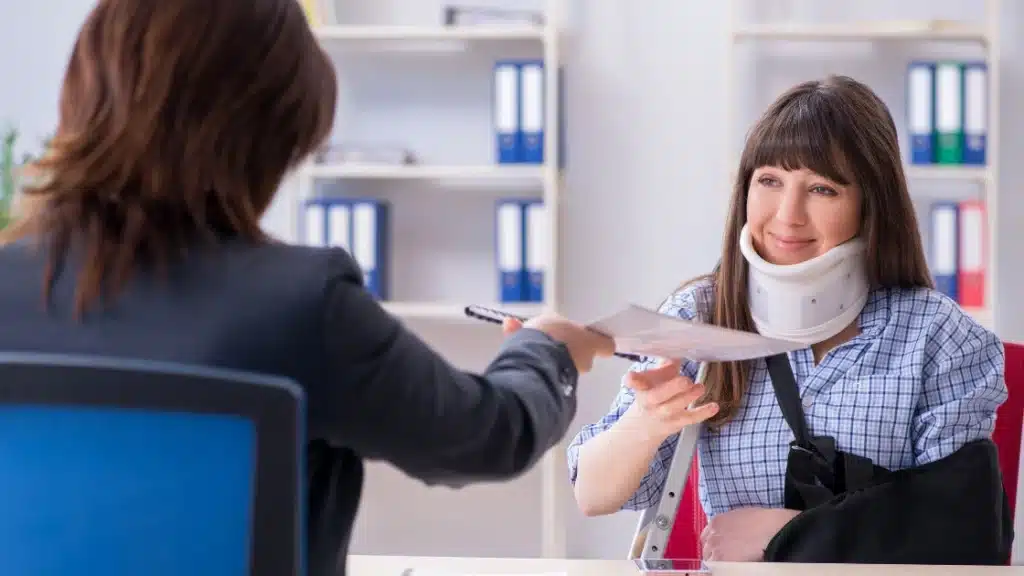
Thank you for choosing Chalaki Law Firm to represent you in your bus accident claim, you can expect personalized attention and a dedicated approach tailored to your specific needs from our bus accident lawyer. As your Dallas bus accident attorney, we prioritizes the well-being and interests of our clients, and we will fight tirelessly to ensure you receive the justice and compensation you deserve.
Our experienced team of bus accident attorneys has a deep understanding of the complexities involved in these types of cases. We are well-versed in the laws and regulations that govern bus operations, and we have a track record of successfully handling bus accident claims throughout Texas. Here’s how Chalaki Law Firm can assist you:
Comprehensive Evaluation: We will thoroughly evaluate the details of your bus accident case, examining factors such as the driver’s negligence, the bus company’s responsibility, road conditions, and any potential contributing factors. This comprehensive approach allows us to build a strong case on your behalf.
Gathering Evidence: Our team will gather all necessary evidence to support your claim, including accident reports, witness statements, surveillance footage, and any other relevant documentation. We leave no stone unturned in our pursuit of justice for you.
Skilful Analysis: We work closely with accident reconstruction experts, medical professionals, and other specialists who can provide valuable insights into the circumstances surrounding your accident. This expertise strengthens your case and ensures that all aspects are thoroughly examined.
Negotiations and Settlements: We are skilled negotiators and will engage in discussions with insurance companies and the responsible parties to seek a fair and just settlement on your behalf. Our goal is to maximize your compensation, covering medical expenses, lost wages, pain and suffering, and any other damages you may have suffered.
Trial Representation: If a fair settlement cannot be reached through negotiations, we are prepared to take your case to trial. Our experienced trial attorneys will passionately advocate for your rights and present a compelling case in front of a jury, striving for the best possible outcome.
FAQ
Yes, if you have been injured in a school bus accident due to the negligence of the school bus driver, you may have grounds to sue. It is advisable to consult with a bus accident lawyer or a Dallas bus accident lawyer to understand your legal options.
If you are in a bus accident, prioritize your safety and well-being. Seek medical attention for any injuries and report the accident to the authorities. Collect evidence, such as photos and witness information, and contact a bus accident attorney for guidance on filing a claim. Many bus accident lawyers offer a free consultation to discuss your case.
If you hit a school bus, you should immediately stop your vehicle and check for injuries.
Call emergency services and report the accident to the authorities. Cooperate with the
investigation and provide your information. Contact an accident lawyer or a bus accident lawyer to understand your legal responsibilities and rights.
To claim after a bus accident, gather evidence such as accident reports, photos, and witness statements. Seek medical attention for any injuries and keep records of your medical treatment. Contact a bus accident attorney who can guide you through the claims process, negotiate with insurance companies, and represent your interests. A Dallas bus accident lawyer offers a free consultation to discuss your case.







